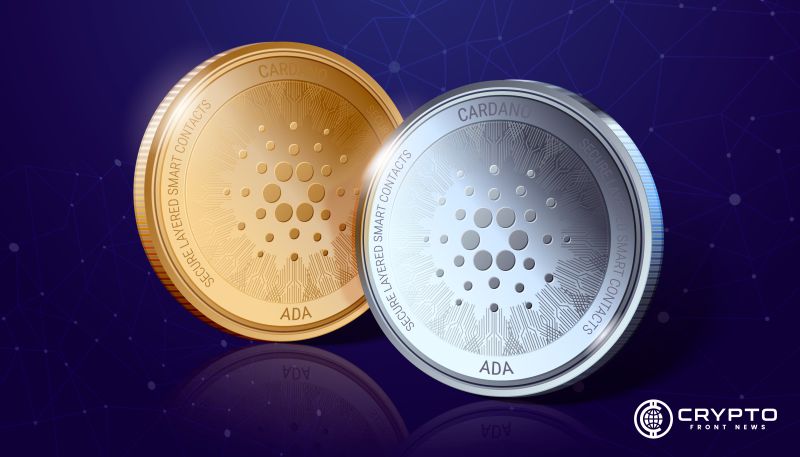- Whales added over 420 million ADA tokens this month, increasing holdings to 12.89 billion and reflecting strong confidence in Cardano.
- Cardano’s network upgrades, including scalability and sustainability improvements, have likely encouraged increased whale accumulation.
- Integration of Bitcoin support through the Lace Wallet signals stronger cross-chain capabilities and boosts Cardano’s appeal among users.
Major Cardano holders have significantly expanded their ADA portfolios, accumulating more than 420 million tokens since the beginning of April. Exchanges recorded a significant increase in stake, which demonstrates that high-value investors believe ADA cryptocurrency will perform well in the future based on TapTools analytics data. The buying transaction represents a $289 million worth of ADA at present market prices.
Major wallets currently possess 12.89 billion ADA tokens compared to their previous 12.47 billion holding. The substantial rise in whale ownership changes market supply conditions because whale behavior generally removes tokens from cryptocurrency exchanges. An increase in both supply and demand usually results in price increases as the available supply declines.
Price Decline Fails to Deter Accumulation Trend
Despite a slight decline of 2.2% in ADA’s price over the past 24 hours, the accumulation trend by whales has remained consistent. This behavior suggests a long-term strategy by influential investors who appear unshaken by short-term market movements.
Recent accumulation growth results from various technical improvements occurring in the Cardano ecosystem. Technical drivers that drive scalability as well as interoperability and network sustainability, have become vital elements in attracting investor interest. The platform’s technology improvements serve crucial functions for increasing its functionality as well as its competitive position.
Lace Wallet Integration Adds Bitcoin Support to Cardano
On April 28, Cardano introduced Bitcoin support through its Lace Wallet, a move aimed at expanding the network’s interoperability. This feature further positions Cardano as a strong competitor to Ethereum and Solana by broadening its application base.
Analytics platforms tracking Cardano’s growth highlighted that the blockchain now supports various decentralized finance (DeFi) and decentralized physical infrastructure (DePin) applications. These services are allowing Cardano to challenge more established platforms. The claim that the network records no failed transactions adds to its appeal for developers and users seeking reliability.





